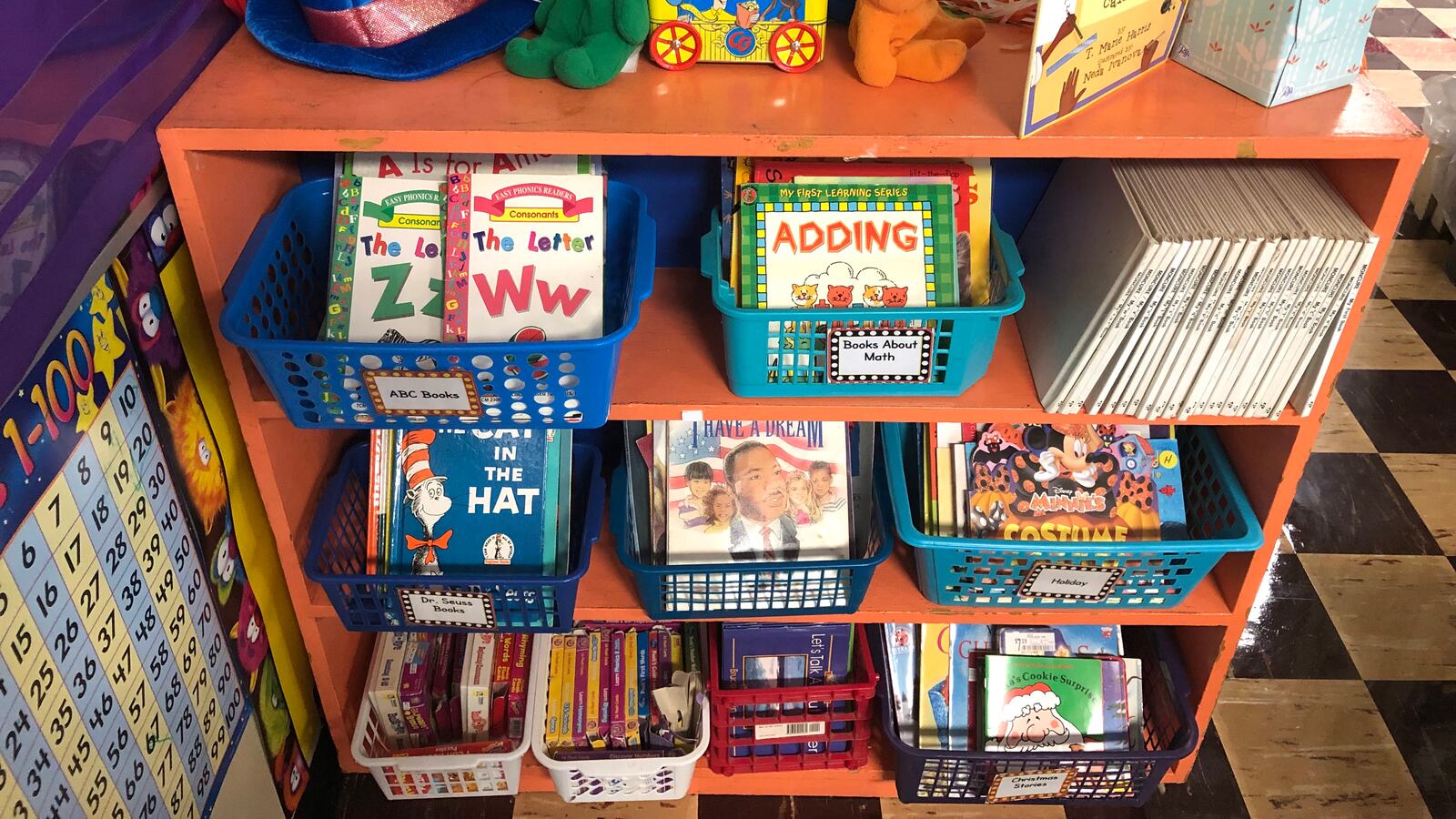New York City parents hoping to secure a seat for their child in an elite gifted school were greeted by a big change in admissions policies when they checked the school’s website on Tuesday. But by Wednesday any mention of the changes had disappeared.
The Anderson School, which runs from kindergarten to eighth grade, recently updated its admissions page with a note that said the Upper West Side campus would reserve 30% of kindergarten seats for students who live “in northern districts of Manhattan.”
Anderson is one of five citywide gifted and talented schools, meaning it is open to students from across the city who scored at least in the 97th percentile on the exam used for admission to gifted programs. Since the programs are so coveted, typically only students with near-perfect scores are admitted.
Parents must sign their children for the test by Nov. 12, and the test is administered in January to children in pre-K through first grade.
On Tuesday evening, parents took to online message boards to ask questions about how the policy would work and which districts might be considered northern Manhattan. But by Wednesday afternoon, after Chalkbeat reached out to the school, any mention of reserved seats had been scrubbed from Anderson’s site.
“This was posted in error,” education department spokeswoman Katie O’Hanlon wrote in an email. She didn’t respond to a question about whether the school plans to change its admissions policies going forward.
Gifted programs in New York City — and across the country — are starkly segregated. At Anderson, for example, 12% of the student body is black and Hispanic, even though those students make up almost 70% of enrollment citywide.
Two other citywide gifted schools have changed their admissions to give priority to certain students in an attempt to create or preserve student diversity. TAG Young Scholars in East Harlem and Brooklyn School of Inquiry in Gravesend, both citywide gifted schools, give students from low-income families preference for 40 percent of kindergarten seats.
It’s unclear whether a geographic priority would help integrate Anderson in a meaningful way. North of Anderson are districts 5 and 6, which span Harlem and Washington Heights. In those districts, 80% or more of students are black or Hispanic, and come from low-income families.
Still, Michael McCurdy, the CEO of a test prep company called TestingMom.com, pointed to gentrification in neighborhoods like Harlem, to note that students who live north of Anderson may not be low-income or of color.
He said the education department should consider more targeted approaches to make sure gifted classes are serving diverse students, such as adding more programs in underserved areas and better communication about what’s already available.
“This is by far one of the most popular programs that the DOE offers and they should want to expand in these upper districts of Manhattan,” he wrote in an email.
That is a common argument for supporters of gifted programs that require 4-year-olds to take an entrance exam. But a city advisory panel recently recommended eliminating these test-in programs and replacing them with school-wide models that are more inclusive.


